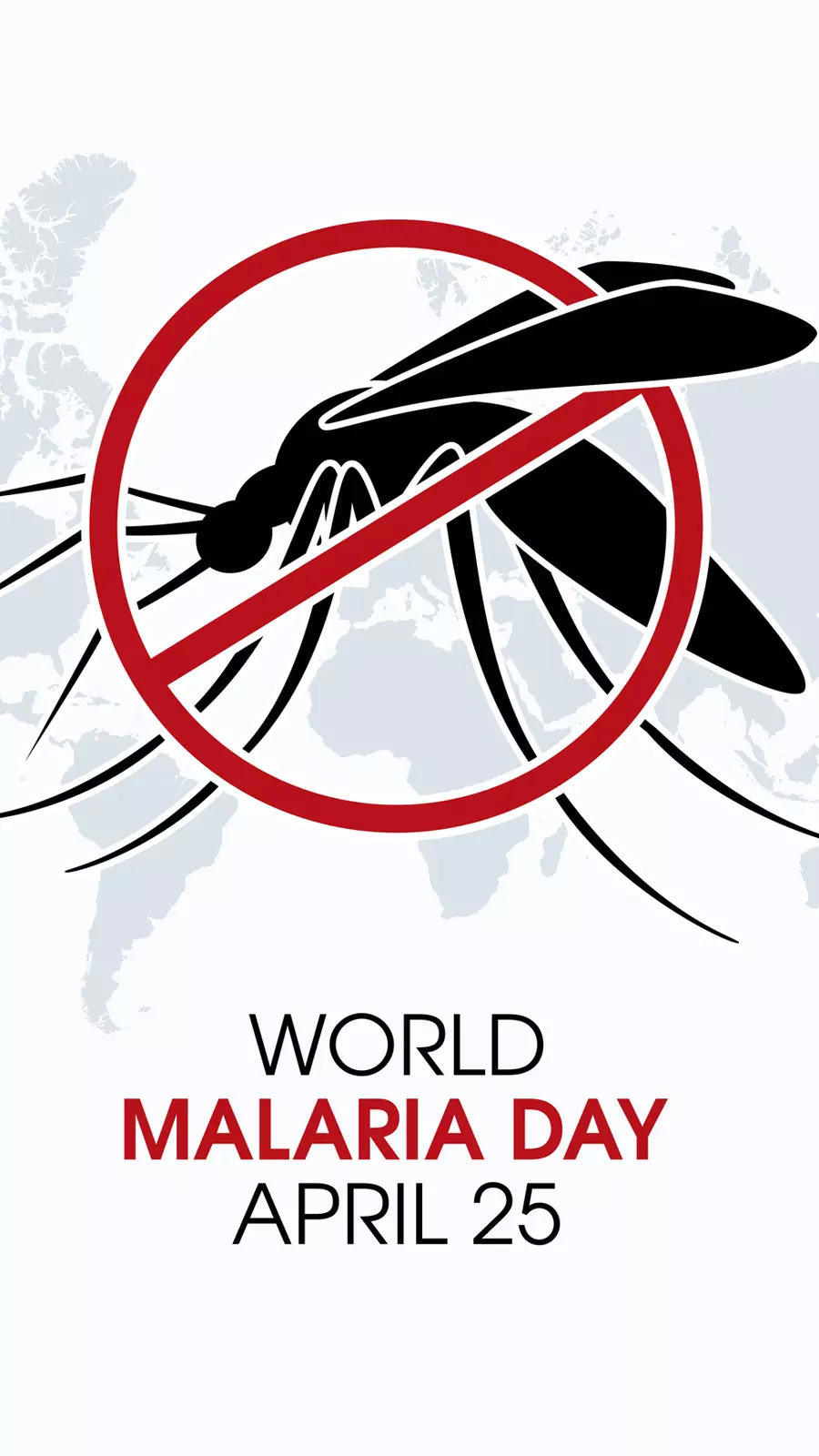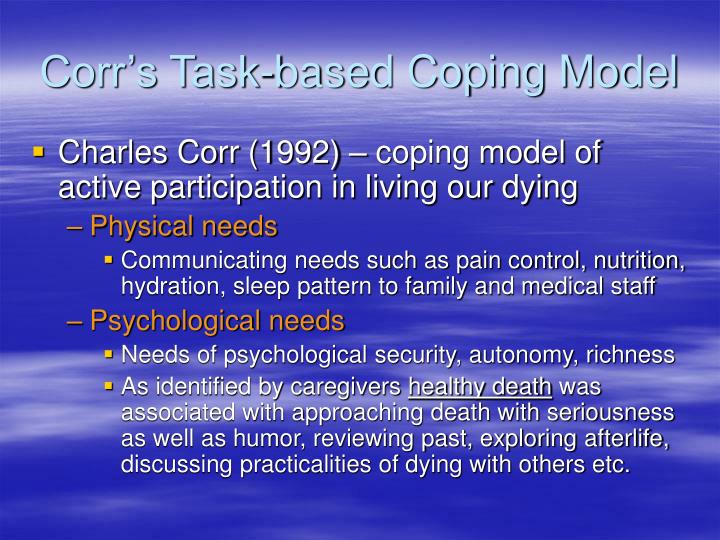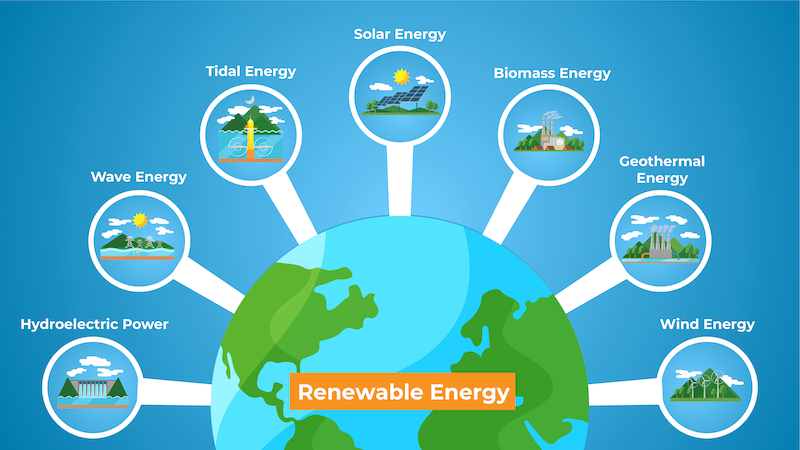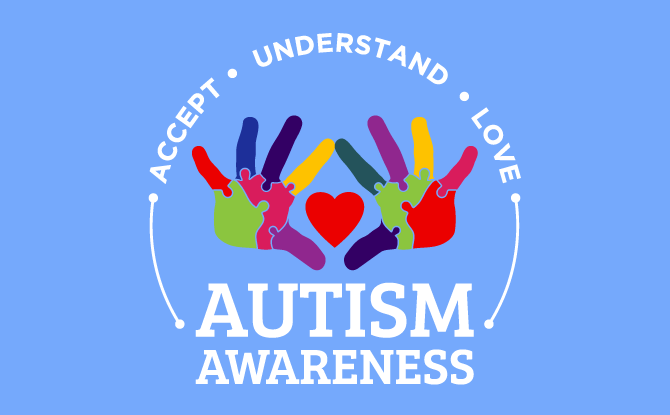


Learn about the ancient Ayurvedic practices that can lead to a healthier and happier start to your day. From waking up during Brahma Muhurat to practicing deep breathing exercises and having a light and warm breakfast, Ayurveda offers various ways to boost your overall well-being. Start incorporating these 8 morning routines into your daily routine for a blissful and energized start to your day.
Ayurveda, an ancient Indian healing system, emphasizes the importance of a balanced and harmonious start to the day. By following Ayurvedic morning practices, you can set the tone for a healthier, happier, and more energized day.
Ayurveda recommends waking up during Brahma Muhurat, the period between 4:00 and 6:00 AM. This time is said to be conducive to clarity of mind, inner peace, and spiritual connection. Waking up at this time allows for ample time to establish a calm and meditative state before the day's activities.
Pranayama refers to breathing exercises that promote mental clarity, reduce stress, and improve overall well-being. Simple breathing techniques like deep, diaphragmatic breathing can help energize the body, calm the nervous system, and enhance mindfulness.
Ayurveda emphasizes the importance of a light and warm breakfast that is easily digestible. Avoid processed foods, sugary drinks, and heavy meals. Instead, opt for warm, nourishing foods like porridge, oatmeal, or a cup of tea with spices like ginger or cinnamon.
In addition to the above, other Ayurvedic morning practices include:
1. What is the best time to practice Ayurveda in my morning routine?
Brahma Muhurat, between 4:00 and 6:00 AM.
2. How can I incorporate Pranayama into my routine?
Practice deep breathing exercises for 5-10 minutes each morning.
3. What foods are recommended for an Ayurvedic breakfast?
Porridge, oatmeal, warm tea with spices, and light fruits.
4. Why is Abhyanga (self-massage) beneficial in the morning?
It improves circulation, reduces stress, and detoxifies the skin.
5. How can Ayurveda enhance my overall well-being?
Ayurveda supports physical, mental, emotional, and spiritual health by restoring balance, promoting vitality, and fostering inner harmony.

With World Malaria Day approaching, it is important to understand the severity of this disease and the steps one can take for a speedy recovery. This year's theme, "Malaria Ends With Us: Reinvest, Reimagine, Reignite," aims to re-energize efforts towards eliminating malaria. From getting enough rest to staying hydrated and following proper nutrition, these tips can help in the treatment of malaria. Adhering to prescribed medication and seeking follow-ups with healthcare providers are also crucial for a full recovery.

A diverse group of individuals, including a genius with the world's highest IQ, a psychic with a museum in Tel Aviv, a skeptic Italian physicist, a researcher of the transition between life and death, and a biologist and writer, share their unique perspectives on the enduring mystery of what happens after we die. While some believe in an afterlife and the possibility of reuniting with loved ones in a different dimension, others dismiss such notions as fear-driven or scientifically implausible. Despite the conflicting viewpoints, the curiosity and debate surrounding this timeless topic continue.

As the world celebrates Earth Day, environmentalists are emphasising the need to shift towards renewable energy, particularly solar energy, to combat the ongoing climate crisis. With the theme 'Our Power, Our Planet', the focus is on raising awareness about the adoption of natural resources. Renewable energy is crucial for safeguarding natural resources and local communities, and experts are calling for the rapid transition to clean, sustainable sources like solar and biomass. The state of Telangana has abundant sunlight making solar energy a viable option, and it is essential for the government to introduce innovative initiatives to promote its adoption across all sectors. By embracing renewable energy, we can contribute to a greener tomorrow for our planet.

Professor Ning Zeng of the University of Maryland came up with the idea of burying dead trees instead of burning them to prevent carbon emissions into the atmosphere. Inspired by the durability of ancient wood found in archaeology, Zeng enlisted the help of a farmer in Maryland to bury 100 tons of unused and damaged trees on his property. However, Zeng faces a roadblock from government permits as burying wood is classified as a landfill and requires time-consuming approvals.

Researchers from the University of Helsinki and the Finnish Geospatial Institute have set up a long-term experiment using laser scanning technology to track the growth and phenology of individual trees. The study, the first of its kind, found that species richness, competitive pressure for light, and water availability all play a role in the timing of spring leaf burst and fall leaf senescence. This experiment provides a better understanding of how local factors impact tree growth and phenology, and the results have been published as open data for further research.

At the Beijing International Youth Innovation and Development Forum, experts emphasized the crucial role of young talent in shaping the future of innovation, particularly in rapidly evolving global scientific frontiers. They stressed on the need to trust, guide, and support young innovators in order to strengthen their skills, with Beijing itself fostering an inclusive talent ecosystem. The importance of cross-disciplinary collaboration in addressing global challenges such as climate change and energy security was also highlighted, with emerging technologies like quantum computing and renewable energy being crucial catalysts for progress in this regard.

World Liver Day, observed on April 19, was established in 2010 to raise global awareness about liver health and diseases. With the liver being the second largest organ and playing a crucial role in various bodily functions, the day brings attention to preventive measures and early screening. Additionally, it advocates for eliminating stigma and improving access to treatment for those affected by liver conditions.

On World Health Day, Dr. Swaramya Chandrasekaran, a gynaecologist at Rela Hospital Chennai, reflects on the progress and challenges in maternal and newborn health in India. She highlights the country's commendable decline in neonatal deaths and the success of flagship schemes such as Janani Suraksha Yojana and Janani Shishu Suraksha Karyakram. However, she also acknowledges the need for consistent quality of care, especially in rural areas, and calls for strengthening community awareness, upgrading infrastructure, and supporting maternal mental health. The adoption of global frameworks and the commitment to no mother or child being left behind further emphasize India's efforts towards a resilient future.

Recent events have sparked conversations among leading geophysicists about the risk of earthquakes in Vietnam, despite the country not being situated on major tectonic belts. Although the likelihood of catastrophic earthquakes is low, Vietnam still faces the potential for significant seismic activity, particularly in the northwest region. With the presence of multiple geological fault lines, some capable of producing earthquakes with magnitudes up to seven, experts urge for seismic hazard assessments and preparedness measures to mitigate potential damage.

On April 2, the world recognizes World Autism Awareness Day, bringing attention to the challenges faced by individuals with autism. The term "autism" was first introduced in 1911 and has been further defined and understood since then. As a wide range of developmental disorders, each diagnosis is unique, making it important to understand and support those on the spectrum. This day aims to raise awareness and promote understanding and support for individuals and their families.